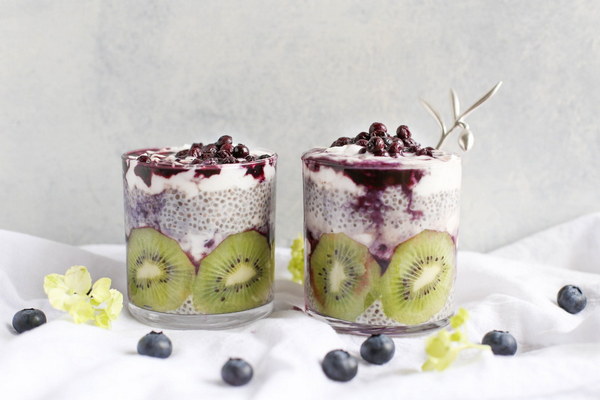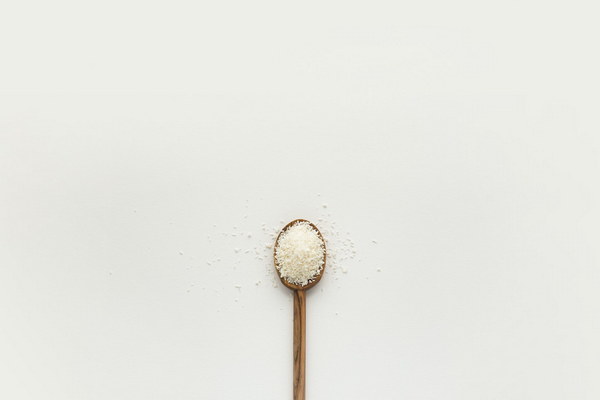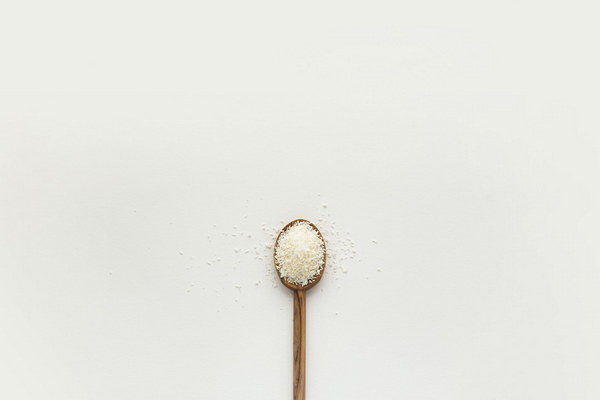Nourish Your Skin from Within A Guide to Internal Skincare Practices
Nourish Your Skin from Within: A Guide to Internal Skincare Practices
The quest for radiant, healthy skin often leads us to invest in high-end skincare products and treatments. However, the key to truly vibrant and glowing skin may lie not on the surface, but within. Internal skincare practices focus on nurturing the body from the inside out, ensuring that the skin reflects the overall health and well-being of an individual. Here’s a comprehensive guide to internal skincare practices that can transform your complexion.
1. Hydration is Key

The skin is the largest organ of the body, and it requires plenty of water to function optimally. Drinking at least 8 glasses of water a day is essential for maintaining hydration, which helps to keep the skin plump, supple, and free from dryness. Water also aids in flushing out toxins and waste products that can lead to breakouts and dullness.
2. Nutritional Powerhouse
Your diet plays a crucial role in the health of your skin. Incorporate a variety of nutrient-rich foods into your meals:
- Fruits and Vegetables: They are packed with antioxidants, which protect the skin from free radicals and promote cell turnover.
- Omega-3 Fatty Acids: Found in fish, flaxseeds, and walnuts, omega-3s can help reduce inflammation and improve skin elasticity.
- Probiotics: Foods like yogurt, kefir, and sauerkraut can improve gut health, which in turn can lead to clearer skin.
- Vitamin C: Essential for collagen production, vitamin C can be found in citrus fruits, strawberries, and bell peppers.
- Vitamin E: This powerful antioxidant is found in nuts, seeds, and avocados, helping to protect the skin from UV damage.
3. Limit Processed Foods and Sugar
Processed foods and high sugar intake can lead to inflammation and oxidative stress, which can accelerate aging and contribute to acne breakouts. Opt for whole, unprocessed foods and reduce your sugar intake to see improvements in your skin’s health.
4. Manage Stress
Chronic stress can lead to a range of health issues, including skin problems. Stress can trigger the release of cortisol, a hormone that can break down collagen and elastin, leading to premature aging. Practices such as meditation, yoga, or even a daily walk can help manage stress levels and improve skin health.
5. Get Adequate Sleep
Sleep is when the body repairs and regenerates itself. Poor sleep can lead to dull, puffy skin and can exacerbate skin conditions like eczema or psoriasis. Aim for 7-9 hours of quality sleep each night to allow your skin to rejuvenate.
6. Stay Active
Exercise boosts blood flow and circulation, delivering oxygen and nutrients to the skin cells. It also helps to regulate hormones, which can affect acne and other skin conditions. Aim for at least 30 minutes of moderate exercise most days of the week.
7. Protect Your Skin from UV Damage
UV radiation is the number one cause of skin aging and skin cancer. Always use sunscreen with an SPF of at least 30, even on cloudy days. Additionally, seek shade during peak sun hours and wear protective clothing when possible.
8. Consider Supplements
If you find it challenging to get all the necessary nutrients from your diet, consider supplements such as omega-3 fish oil, vitamin D, and probiotics. However, it’s always best to consult with a healthcare professional before starting any new supplement regimen.
By integrating these internal skincare practices into your daily routine, you can achieve a healthier, more radiant complexion. Remember, beautiful skin is not just a surface concern—it’s a reflection of your overall health and well-being.









